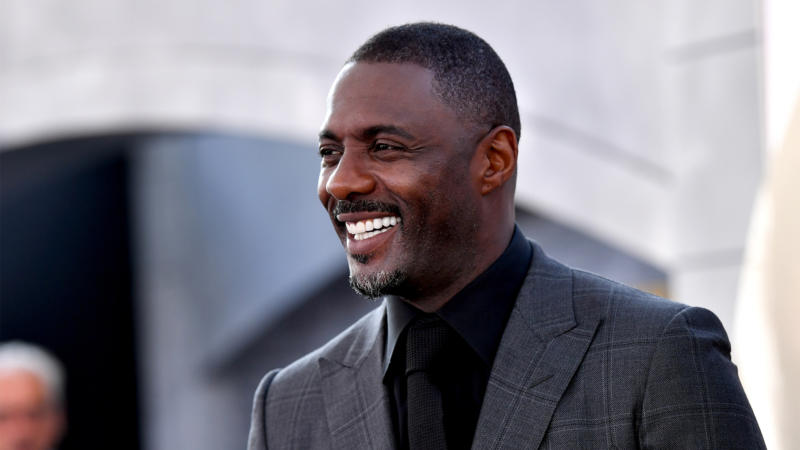British actor and DJ Idris Elba is planning to leverage technology to benefit a West African country.
According to CNN, Elba is looking to build a “smart eco-city” on Sherbro Island, an island off the southwestern coast of Sierra Leone. Elba is acquainted with the area as his father was born in the country, and the English actor became a citizen himself after a visit in 2019, per BBC.
The efforts surrounding Sherbro Island are being undertaken through a collaboration between Sherbro Alliance Partners (SAP), a U.K.-registered company, and the Sierra Leone government to improve the area’s economic state, the island’s website mentions. Elba is also co-founder of SAP, spearheading the venture.
“At some junction, my business partner Siaka Stevens, the grandson of the former president, said, ‘Look, someone needs to cultivate Sherbro Island for tourism.’ That was seven years ago,” Elba explained to CNN. “Where we are now is that we partnered with the government to figure out a plan of how we can bring in tourism. Well, it started as tourism—now we’re building a smart, eco-dynamic city.”
The actor suggests that investments in the “smart eco-city” are not rampant due to the hesitations of some who may not see Africa’s promise, according to the outlet. Nevertheless, Elba has assembled a team to devise an investment framework aimed at reshaping investors’ perspectives and motivating them to support the venture.
“Obviously, this is Sierra Leone: it’s one of the poorest countries in the world, so investment isn’t rushing through the door,” he said to CNN. “So what we needed to do is understand how to package an investment opportunity around this beautiful island without destroying it, being climate-conscious, and being conscious that there is a youth culture across Africa of the average age of about 20 that wants something.”
He continued, “I’ve suddenly found myself in the middle of trying to figure out how to pull this together, and what I did was get the best-in-class thinkers on how to build a robust investment framework for the international players to look at Africa in a different way. And that’s what Sherbro Island is. That’s a very long-winded way of saying it’s my retirement plan.”
The 51-year-old sees great promise in technology improving the state of Africa. In February 2024, during a meeting with the Bank of Ghana, Elba’s ongoing efforts were displayed, as reported by Modern Ghana. He led a conversation on behalf of the Stellar Development Foundation (SDF), a nonprofit he’s partnered with that seeks to create more financial equity using blockchain technology, its website mentions.
The purpose of the conversation was to advance the creator economy, and Ghana already has significant “advancements in central bank digital currency,” per Modern Ghana. By providing creators with opportunities for growth as well as access to funding and efficient distribution of their earnings, the collaboration will be addressing a long-standing challenge many Africans face. Working with the bank, SDF aims to “pilot technological and policy innovations” to aid in administrating intellectual property and copyrights of content creators.
Elba sees the creative economy as a gateway for job creation while also reshaping the country’s perception. That’s why he has created nearly 10 films on the African continent.
“The fulcrum of the creative arts is that every single type of industry falls within it,” Elba told CNN. “You and I are speaking from microphones that are manufactured somewhere based on their use in this industry, the cameras we are being shot on, the makeup that we’re both wearing. This is such a massive intersection of industries that create jobs and create opportunities. If we look at the creative industries as just singing, dancing, and telling stories, we’re limiting what it actually is. It is an incredible opportunity for engineering, creativity, storytelling, heritage, and propaganda.”
He continued, “We need support from governments saying the creative arts industry does need support and an incentive for it to grow. I’ve made nine films in Africa, nine or eight films. Each time I’m there, I see the opportunities growing, I see the quality of the work growing, and I just want to contribute more.”


